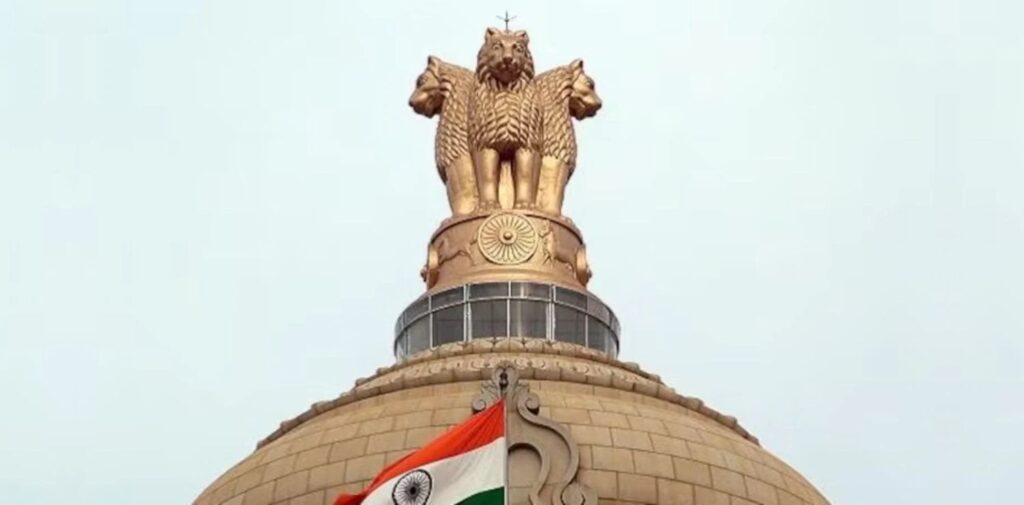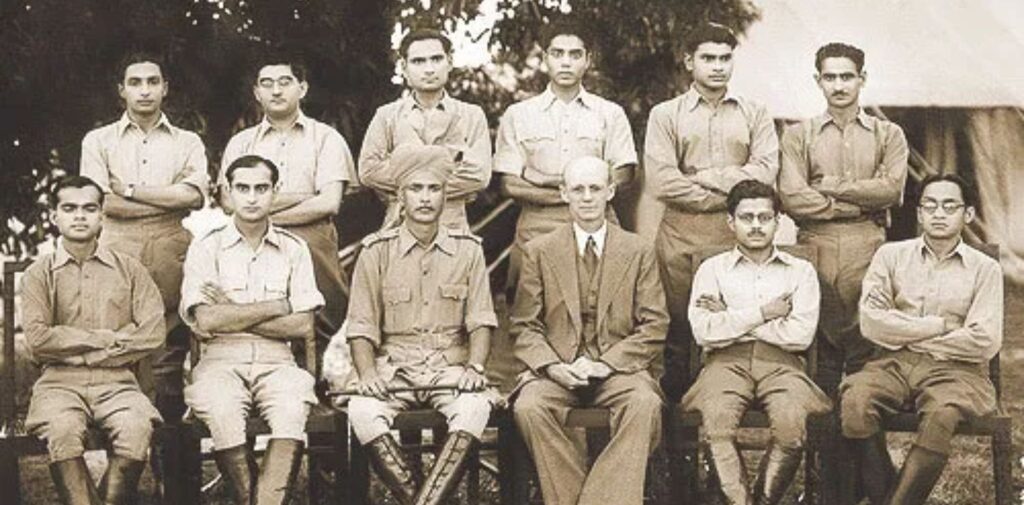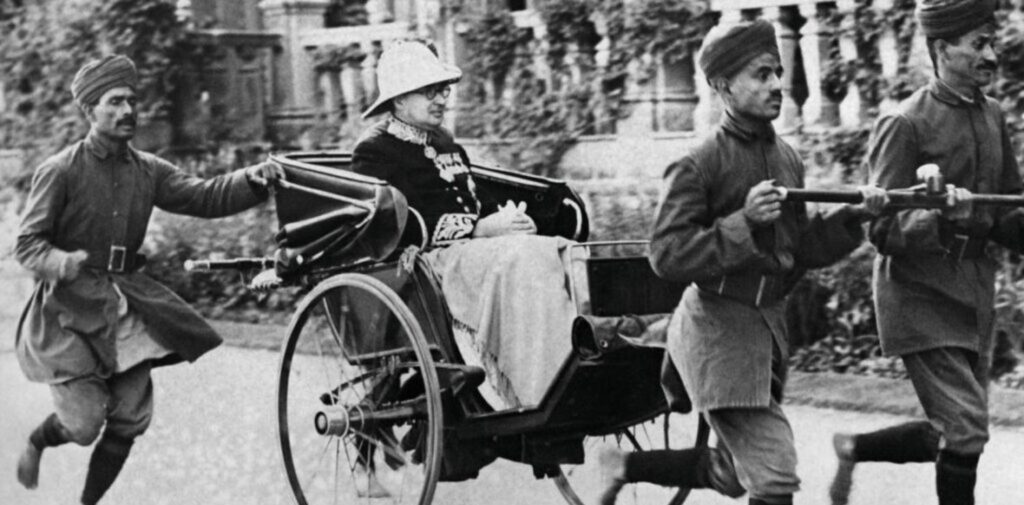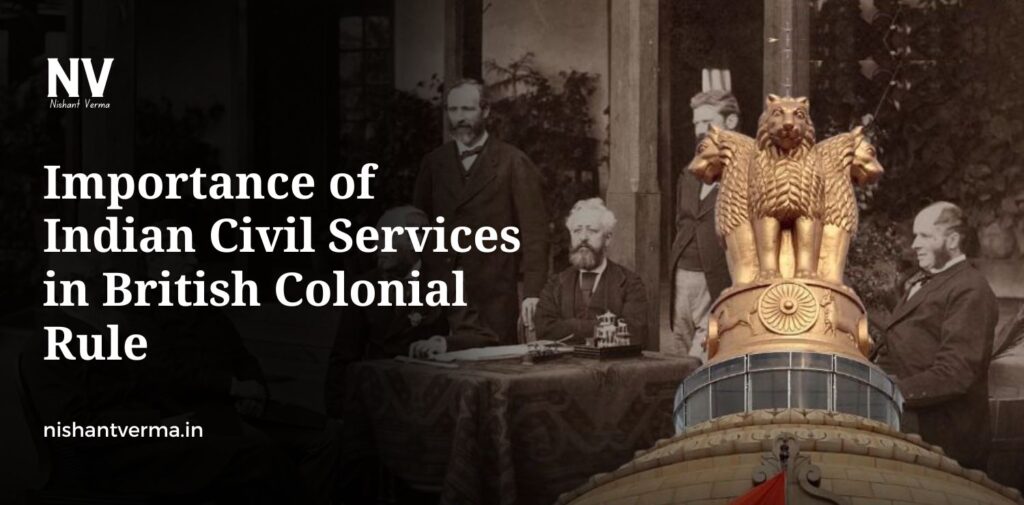When the British East India Company first came to India in the 1600s, they had little control over the vast and diverse land. Over time, however, they built a powerful administrative system that helped them rule India for nearly two centuries. One of the key elements of this system was the Indian Civil Services (ICS), an organization that played a crucial role in the administration of British colonial rule in India. The ICS became the backbone of British control, and its structure and functions were central to how the British governed one of their largest colonies.
In this article, we will look at the history, structure, and role of the Indian Civil Services in British India and understand its significance in the colonial system.
What Was the Indian Civil Services (ICS)?
The Indian Civil Services (ICS) was the permanent administrative bureaucracy created by the British to oversee the day-to-day governance of India. The ICS officers were responsible for implementing policies, maintaining law and order, managing resources, and running the administration of the country. They were the highest-ranking officials in British India, and most of them were British, although by the end of the colonial era, some Indians were also included in the service.
The ICS was modeled on the British civil service system but adapted to Indian conditions. It was primarily responsible for ensuring that British policies were implemented across India, from the remote villages to the bustling cities. The civil servants were also tasked with managing local governance, law enforcement, revenue collection, and even military affairs in some cases.

How the Indian Civil Services Functioned
The ICS was divided into different branches and services, and its officers were selected through rigorous examinations. These exams were initially held in London and were very difficult, ensuring that only the best and brightest officers would be selected. Most of the candidates were from Britain, as the exams were designed to favor British nationals, and few Indians were able to take part in them.
Once an officer was selected, they would be posted to different parts of India based on their qualifications, and they would be responsible for managing the administration of those regions. These officers had significant powers and were given considerable authority to make decisions. They had to enforce British policies, collect taxes, maintain law and order, and keep an eye on the activities of Indian rulers and local leaders.
In the early years, the ICS officers were predominantly British, but over time, Indians were allowed to join the ICS as well. By the end of the 19th century, several Indian civil servants were serving in important positions. However, the number of Indian officers was still very low compared to the British officers.
The Role of the Indian Civil Services in British Colonial Rule
1. Centralized Control and Administration
The Indian Civil Services played a crucial role in maintaining British control over India. The ICS officers were the agents of the British government, carrying out its policies across vast distances in a country as large as India. They helped implement British laws and ensured that the will of the British Crown was executed at all levels of society.
These officers had powers that allowed them to control every aspect of Indian life. They were responsible for overseeing local governance, maintaining law and order, collecting taxes, and managing revenue. The ICS helped create a centralized system of administration that allowed the British to maintain control over India even though they were physically far away from the country.
2. Revenue Collection and Taxation
One of the main duties of the Indian Civil Services was to manage the collection of revenue from Indian farmers and landowners. The British relied heavily on the revenue collected from India to fund their administration and military activities. The ICS officers played a key role in enforcing the tax policies of the British government.
The system of land revenue collection was often harsh, and farmers were heavily taxed. The officers had the authority to seize land and property if farmers failed to pay taxes, which led to widespread distress and poverty among the Indian population. The British administration used the ICS officers to ensure that the land revenue system worked efficiently for their benefit, even though it was exploitative for the common people.

3. Law and Order Maintenance
Another important role of the Indian Civil Services was the maintenance of law and order in India. The British rulers needed to ensure that there were no uprisings or rebellions that could threaten their rule. The ICS officers were responsible for keeping peace in the country and suppressing any resistance to British policies.
The officers often had the power to arrest people, suppress protests, and control local leaders. In cases of unrest, such as during the Revolt of 1857 or later during the Quit India Movement in 1942, the ICS officers were instrumental in putting down protests and ensuring that British authority was not challenged. They played a vital role in managing the Indian police forces, the courts, and even the military, all of which helped the British maintain their control over the country.
4. Education and Social Policies
The Indian Civil Services also played a role in shaping educational and social policies. The British administration, through its ICS officers, controlled the education system in India, deciding what was taught in schools and universities. The ICS was also involved in promoting British culture and values, while simultaneously suppressing Indian traditions and cultures.
The education system under British rule was designed to create a class of educated Indians who could serve in the civil services. The British used the ICS as a tool to ensure that their loyal subjects would be trained in British ways of governance, thus creating a class of intermediaries between the colonial rulers and the Indian masses.
5. Representation of British Interests
The ICS was also a mechanism to ensure that British economic, political, and strategic interests were represented and protected in India. From the time of the British East India Company, the British government relied on the ICS to protect its commercial interests, particularly in trade, raw materials, and resources.
The ICS officers were also involved in safeguarding British imperialism in India, defending the country from external threats, and maintaining British military supremacy. The ICS played a critical role in making sure that British policies, including those related to trade, agriculture, industry, and defense, were implemented efficiently and successfully.
The Challenges and Criticism of the Indian Civil Services
While the Indian Civil Services played a key role in British colonial rule, it was also subject to significant criticism, particularly from Indian nationalists. The ICS was often seen as an instrument of exploitation and oppression, as it served the interests of the British and worked to suppress Indian people and culture.
The ICS was primarily composed of British officers, and this lack of Indian representation was one of the major sources of resentment among the Indian population. Many Indian nationalists saw the ICS as a tool used by the British to control India and maintain their dominance. The system of selection, which was initially only open to British citizens, also angered many educated Indians who were excluded from the opportunity to serve their own country.
Another major criticism was the way ICS officers enforced British policies that were harmful to the Indian population. The taxation system, the suppression of revolts, and the promotion of British culture all created resentment among Indians, who saw the ICS as a force working against their freedom and well-being.

The Decline of the Indian Civil Services
By the early 20th century, the Indian Civil Services began to see more Indian officers joining its ranks, particularly after the Indian National Congress began to demand greater Indian participation in the administration. However, despite this increase in Indian representation, the ICS remained largely a British institution that upheld colonial rule.
As India’s struggle for independence intensified in the 1940s, the role of the ICS became increasingly controversial. Many ICS officers faced pressure to choose between loyalty to the British Crown and supporting the nationalist movement. In the years leading up to India’s independence in 1947, the importance of the ICS declined as the country moved toward self-rule.
Conclusion
The Indian Civil Services played a critical role in the British colonial administration in India. It helped maintain centralized control, enforce British policies, manage revenue collection, and keep law and order. Though the ICS was an essential tool for British imperialism, it was also a symbol of the exploitation and control exercised by the British over India.
As India’s fight for independence grew stronger, the ICS became increasingly seen as a barrier to freedom, and its eventual decline marked the end of British colonial rule in India. Despite the criticisms, the legacy of the Indian Civil Services remains a crucial part of India’s colonial history, and its impact can still be seen in the structure of modern India’s civil services today.




